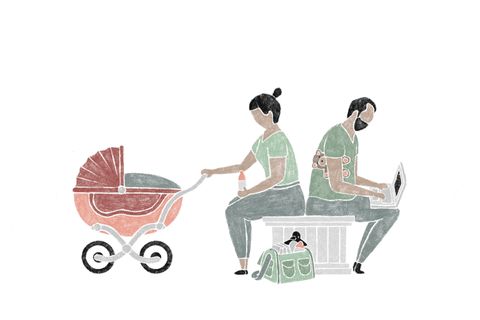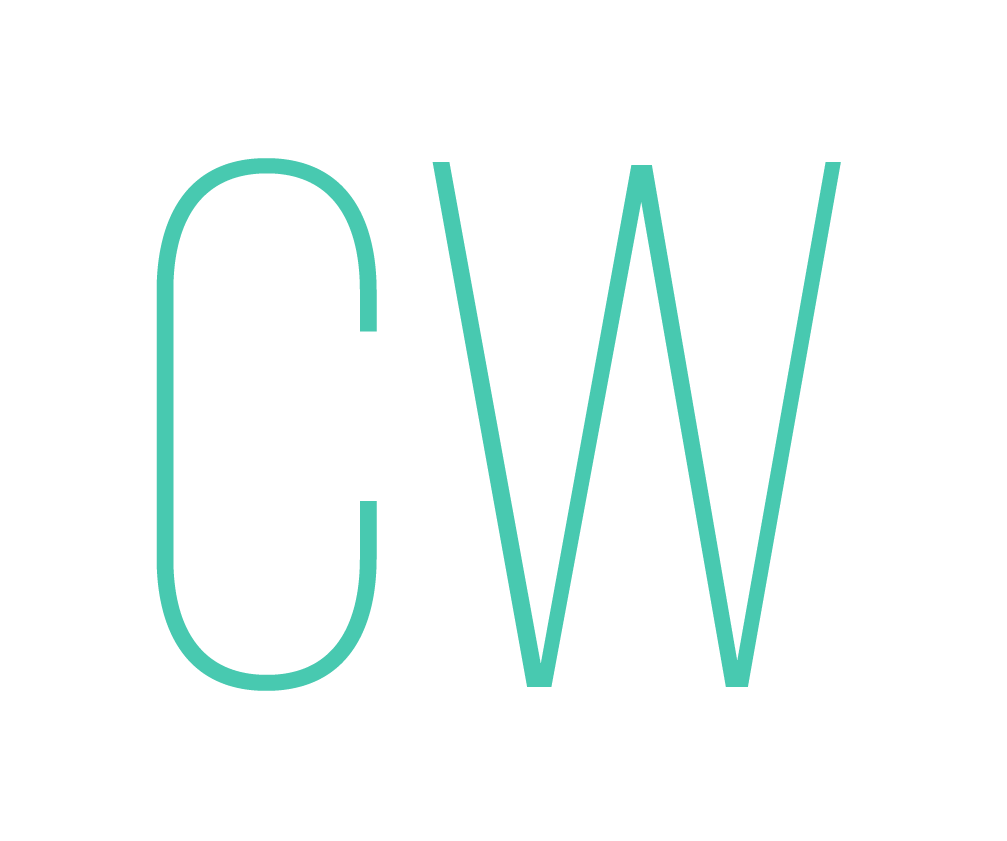Two People and a Baby- Parental Choreography by Ori Lenkinski

*originally published in Hebrew in the Parental Choreography blog on Haaretz.com
There is a common misconception that a woman becomes a mother and a man becomes a father the moment birth occurs. It is propagated in television shows and romcoms. Biologically, this is true. But in reality, it can take days, weeks, months and even years to make the transition.
I recently spoke with a woman who had just had her second child. We reflected on the immense difference between bringing child number one and child number two home. “Night and day,” as she described it.
It’s a strange situation, having a newborn. First, in the hospital, staff tell parents their instincts will kick in, that they will “just know what to do.” For many, this is incredibly confusing. How can you know what to do when you don’t know what to do? The instinct may kick in right away but it takes time to learn to listen to it and, even more, trust it.
In most families, a tiny bundle is brought home by two people, not yet parents, somewhere in the fog between lives, the pre-birth life and the post-birth one. Two people and a baby.
That transition is the most substantial change I have experienced. I say this after moving countries multiple times, retraining my brain to think in foreign languages and operating in various professional fields. As someone who longs for change and dreads change in equal parts, becoming a mother was the end-all-be-all of shifts.
Before I went to university, I imagined that I would be free of my less-appreciated character traits once I arrived at my dorm room. I would be less shy, less apprehensive, more daring. I would date and stay out late and be wild. None of that came to pass. I discovered the old saying “wherever you go there you are” to be wholly true. I was the same introvert I had been in high school. Sleeping in a twin bed in a dormitory or my childhood bed didn’t make any difference in the fibers of my personality. I was who I was even in a sea of drunkenness and debauchery (I went to college in Canada during some unruly years).
But becoming a mother was a real change. It changed how I thought and moved and ate and lived. It changed my rhythms, my feelings, my emotional response to the world around me. But it took a while to separate myself from who I had been before, to unravel the seams and to exorcise the free-reeling adult from the budding parent. And there was friction and unease in traversing that bridge.
I often wonder how being the being that instigated that change in us, that was partially present if not completely conscious for the transition, affected our firstborn. She didn’t walk until she was completely, totally ready to do so. She wouldn’t speak until she was certain she knew the words. Did changing us into parents cause her to be cautious, restrained, precocious? Did it shape who she was before she was even aware of her existence?
When we brought home our second, we welcomed her into a home with two parents and a sibling. What a very different reality than the previous time we brought home a little, tightly wrapped human. The little one is freer, wilder, sillier than the big one is. She falls down, gets up, grabs a Band-Aid and moves on. She seems to fear less. I wonder if this is because she had this intangible yet deeply felt confidence in her place in the world from day one. A child of parents. Ready parents.
